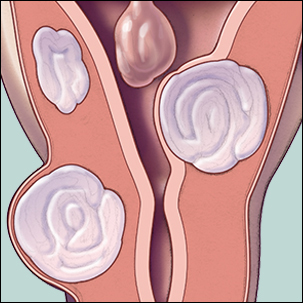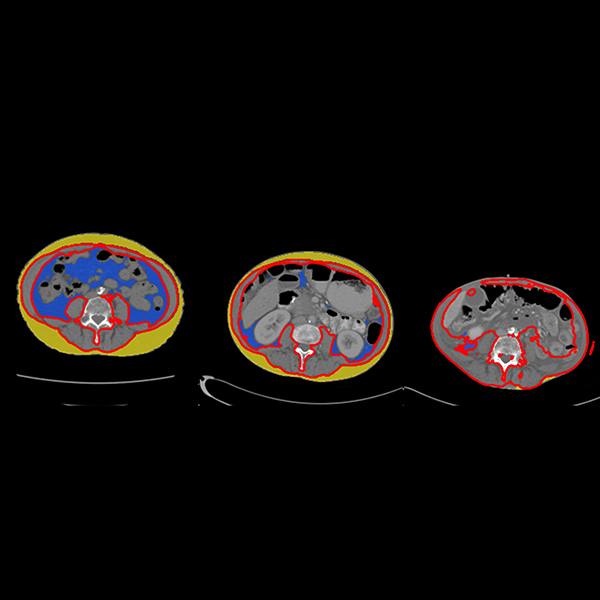-
Research
Mitochondria vs. Alzheimer’s

Targeting mitochondria is a promising therapeutic strategy.
_________________________________________
"Mitochondria are the powerhouses of the cell." Many a young science student has heard that truism.
"Mitochondria are extremely important because they ensure that we have energy supply for cells to conduct functions," says Mayo Clinic researcher Eugenia Trushina, Ph.D. "Otherwise, we would all be dead without energy."
With that fundamental role in our health, could mitochondria offer an answer to prevent or reverse the death of brain cells in patients with Alzheimer's disease? Could scientists intervene at the mitochondrial level and improve the devastating decline in thinking, behavioral and social skills that affects a person's ability to function independently?
In a recent study in the Nature Research journal Communications Biology, Dr. Trushina and colleagues demonstrated in a translational mouse model that mitochondrial complex I could be targeted with a potential drug molecule to treat Alzheimer's disease.
Typically, in the drug discovery process, a small molecule is developed for a specific protein target. In this study, the current tool compound, small molecule tricyclic pyrone CP2, penetrated the blood-brain barrier and accumulated in mitochondria.
As a proof of concept, the team demonstrated that partial inhibition of mitochondrial complex I with CP2 blocked cognitive decline and neurodegeneration. The result: Key characteristics of Alzheimer's disease improved, such as nerve cells communicating with each other and creating the synaptic activity that plays a role in forming memory.
Read the rest of the article on Advancing the Science.
____________________________________________
Other Mayo Clinic medical research websites:
- Research at Mayo Clinic
- Discovery’s Edge
- Forefront
- Mayo Clinic Center for Individualized Medicine
- Center for Regenerative Medicine
- Center for the Science of Health Care Delivery







